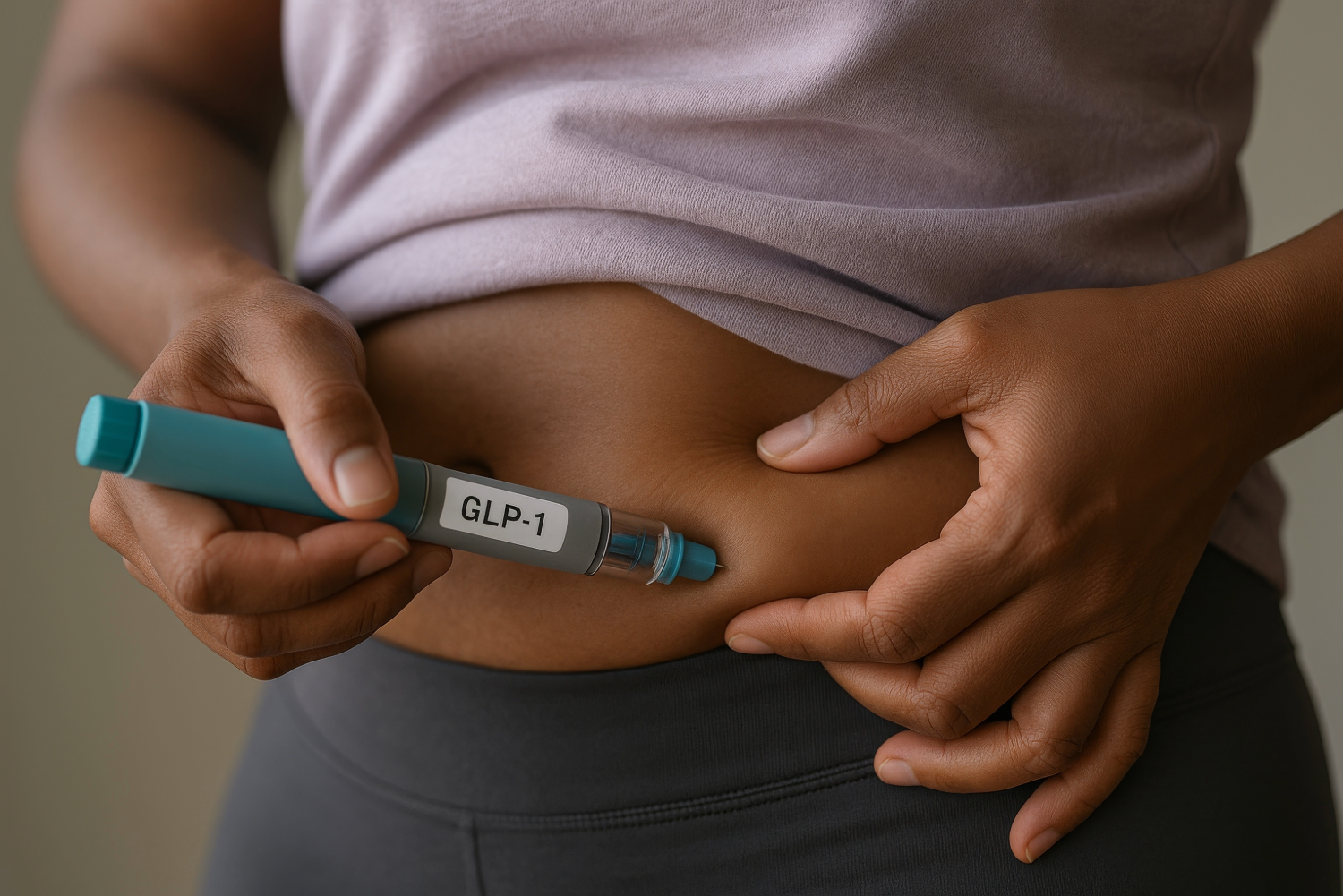News
Cancer doesn’t stop during COVID-19, neither does Shaw Cancer Center’s treatment
This article was first printed in the Vail Daily by Ross Leonhard on April 21, 2020.
On March 16, as the county and country began shutting down with COVID-19 restrictions, Dr. Julie Barone started a new job as a specialized breast surgeon and medical director of the breast care program at Vail Health’s Shaw Cancer Center.
“March 16 was when I started, and on the 17 we put out guidelines for Shaw Cancer Center outlining how we manage breast cancer in the face of a dearth of resources,” she said.
Those guidelines would be sent to and duplicated by national organizations such as the American College of Surgeons and the American Society of Breast Surgeons.
“The message here is that we’ve been proactive from the beginning,” she said, about one month into her new job having not met many of her colleagues in person yet. “The hospital administration has been phenomenal, and I’m talking as an outsider.”
Barone knows that despite a pandemic, cancer doesn’t stop — and cancer treatment doesn’t stop.
“We are fortunate that we’re in a community that can still provide surgery for cancer patients because there are many cities right now that can’t,” she said. “I would never want anyone to feel fearful that their breast problem has to go under the radar until COVID is resolved because we can still take care of them. If there is something concerning, please contact us and we’ll help people through it.”
Like everyone on the front lines, Barone and her staff are taking extra safety precautions and following guidelines put in place. With breast cancer, she said technology has advanced so that her staff can come up with the best course of action, these days avoiding chemotherapy if possible to prevent a healthy person from becoming immunocompromised during the coronavirus outbreak.
“We have a lot of options for breast cancer patients these days,” Barone said.
As the medical director for breast services, Barone works with a team of two to three surgeons, one to two medical oncologists, a radiation oncologist, a nurse navigator, a social worker, a genetic counselor and oncology nurses.
Shaw Cancer Center a ‘gem’ in the valley
Barone grew up in San Diego and practiced there for seven years. She moved to Denver to be the medical director at SCL Health. She moved to the valley “right when everything went into lockdown — perfect timing,” she said.
“I haven’t met everybody on the team yet because we’re all social distancing,” she said. “So it’s been tough sending out emails about policies and guidelines and everyone being like, ‘Who is this person?’”
The emphasis has been on providing essential services and helping combat the spread of COVID-19, Barone said.
“It will be interesting when things are back to normal, just meeting people and having a relatively normal existence,” she said.
While in Denver, Barone put together a team to participate in Pink Vail, an annual fundraiser for the Shaw Cancer Center — “the world’s biggest ski day to conquer cancer.” She also worked with patients and doctors at Shaw while on the Front Range.
“So I have worked with this team,” she said. “I felt very comfortable with them.”
Barone also does a lot of work with national organizations, where the Shaw Cancer Center popped up on her radar as an accredited center for a commission on cancer.
“So I know its reputation,” she said. “I feel like it’s a gem in this valley of great cancer care that basically acts as a big cancer center in a small community. So I felt like it was a perfect combination of having great care and a nice area, small-town feel, which is unique for a cancer center.”
Barone brings a specialty in breast surgery.
“It’s a very subspecialized area of breast surgery and there are more and more people getting trained to do that,” she said of her profession. “The message is you don’t need to go down to the city because I’m up here now.”
Telehealth ‘here to stay’
Medical professionals are turning to telehealth to help patients to avoid the spread of COVID-19. Barone thinks it’s a gamechanger, adding she’s never done video appointments before.
“I think access to care is always an issue,” she said. “I think that opens up so much more for the community so that we’re more efficient.”
Barone said it’s a safe way to communicate while still building a personal relationship with patients.
“It’s here to stay,” she said. “I think it will be a great thing for medicine in the future. I don’t want it to take out the personal side, but I think it will create more efficiencies.”
Telehealth is allowing Barone and other medical professionals to continue helping those in need.
“It’s definitely a scary time. It’s a weird feeling to think about resources and the scarcity of resources,” she said. “In medicine, especially in surgery, we don’t think about resources unless you’re on a medical mission. So I feel like it’s this worldwide medical mission right now of thinking about your resources. Can we safely do a surgery? Can we safely treat patients? That’s a scary thing to have to factor into your regular taking care of somebody. It adds a whole new dimension.”
Barone wants people to know that yes, Shaw’s medical staff can safely perform surgery, and, yes, they can safely treat patients.
“I feel better here than I would somewhere else, honestly,” she said. “It’s a new time. It’s an unprecedented time for everybody. Right now, here, we still have resources. We’re still able to do surgery.”
Tips for at-home breast screenings
Barone said both men and women are susceptible to breast cancer.
“Just being cognizant and familiar with your breasts is important,” she said. “So if you feel a lump that’s new and not going away, that’s something concerning that should be addressed.”
Other things to watch for are unusual pain, discharges or rashes.
“Anything out of the ordinary, those are things that definitely should be addressed,” Barone said.
The medical director of the breast care program at Shaw Cancer Center is also stressing COVID-19 precautions.
“We’re doing everything to create a safe environment for when people have to come in,” she said.
Visit http://www.shawcancercenter.org for more information about Shaw Cancer Center.
More News
-
New!
More

The Heart of It All: How Cardiovascular Health Shapes Longevity
Most of us know a healthy heart will increase our chances for a long and vital life, but how many of us truly understand how to live for a healthy heart? According to the American Heart Association, heart disease remains the number one cause of death, for both men and women, in the United States.
-
New!
More

GLP-1s and Your Health Journey: What You Need to Know
Interest in GLP-1 agonist medications, once used almost exclusively for diabetes, is soaring. Now widely referred to as weight loss injections, drugs like semaglutide (Ozempic, Wegovy) and tirzepatide (Mounjaro, Zepbound) are ubiquitous in celebrity chatter, social media and everyday patient conversations. But as demand grows, it’s increasingly important to separate hype from reality. Who qualifies for these drugs under FDA guidelines? When are they helpful? And when might carefully supported lifestyle changes offer a safer or more sustainable path?
-
New!
More

Back on the Slopes: How to Recover Physically and Mentally After a Ski or Snowboard Injury
Living in a ski town, injury is inevitable. Recovery isn’t just about regaining strength, it’s about building trust in your body. The best path back to skiing blends physical training with mental conditioning, patience with persistence. With the expert teams at Vail Health - from Howard Head Sports Medicine to Vail Health Behavioral Health - recovery is more than healing; it’s coming back stronger, smarter and more confident than before.





